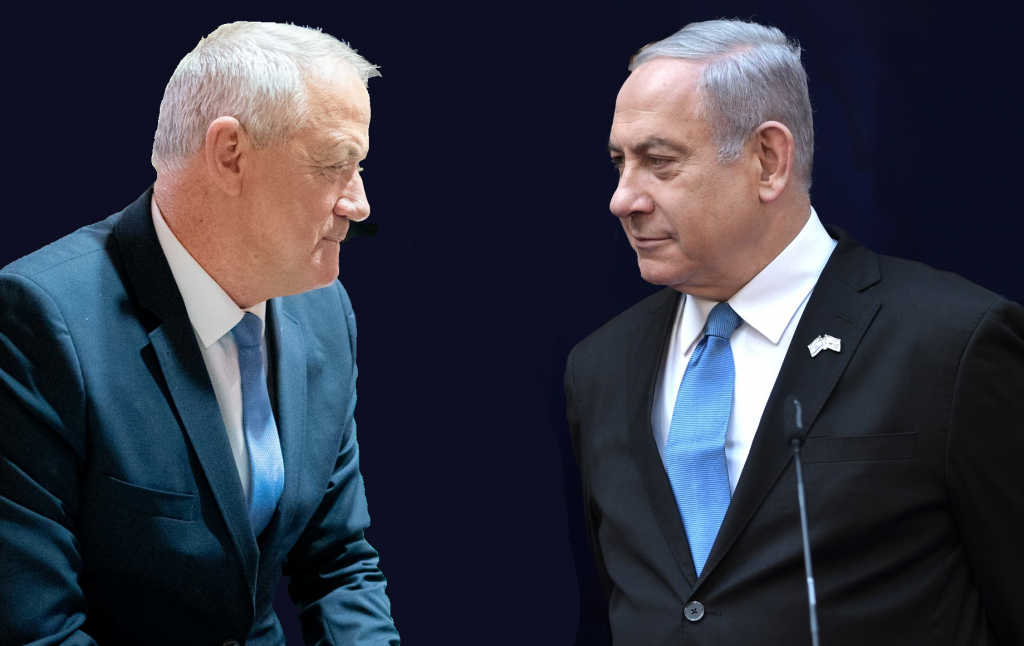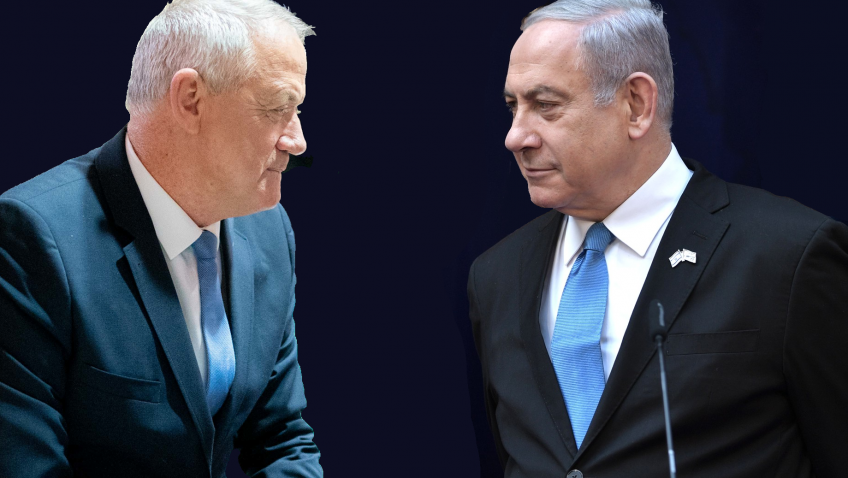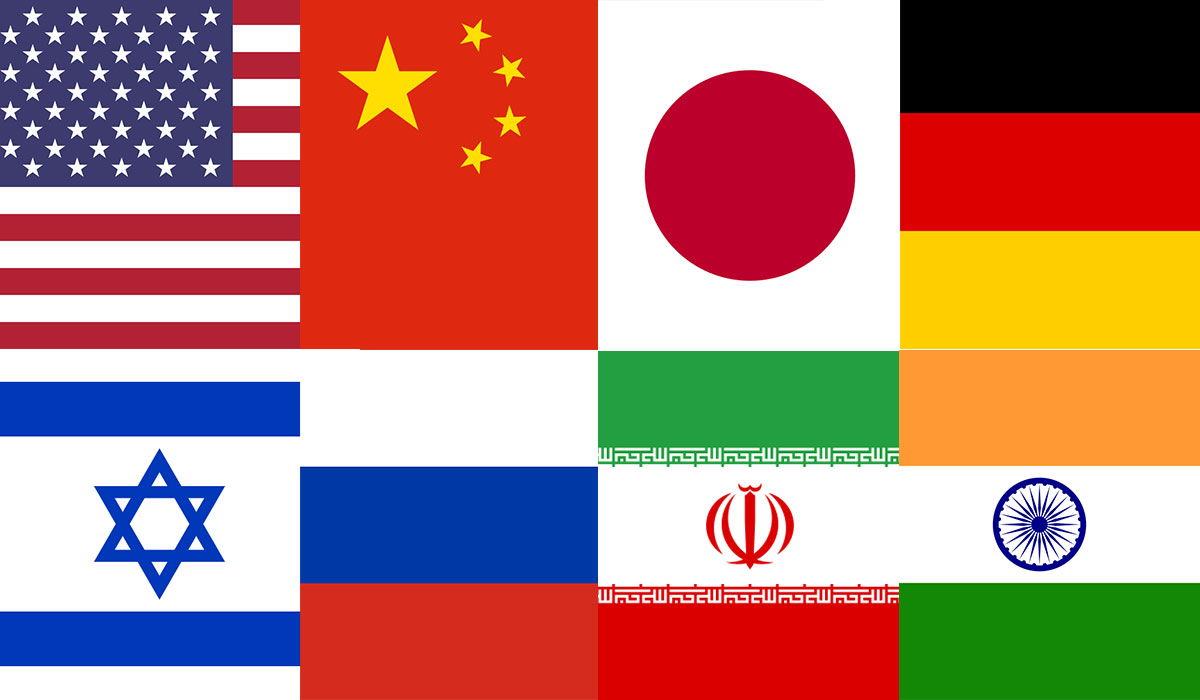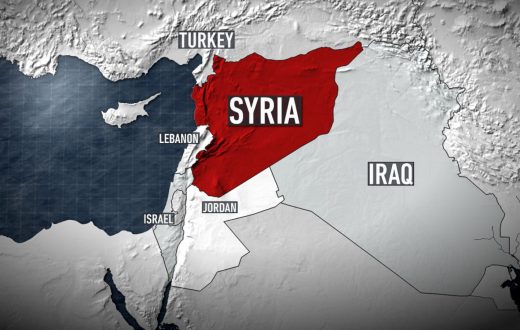In case you haven’t been following up on the past year of political turmoil in Israel, here is a brief review:
On April 9, 2019, elections were held to determine who would be Israel’s next prime Minister. Benjamin Netanyahu’s Likud party gained 5 seats, bringing his total to 32. However, the Blue and White Party led by Benny Gantz, gained 24 seats, also bringing their total to 35. This meant that Israel had a hung Knesset, with neither side gaining a breakthrough, and a second round of elections were held on September 17.

There, something unexpected happened. While Blue and White lost 2 seats, bring their total down to 33, Likud lost 6 seats, bringing their total down to 32. This was in large attributed to Benny Gantz’s highlighting Netanyahu’s corruption investigations and the fact that he did not seem to respond to Hamas terrorist attacks in the South, as well as running on a platform of cracking down on corruption and calling for electoral and political reforms. For the first time since becoming PM for a Second time in 2009, Netanyahu had lost an election.
Soon after, the indictment came, and it almost looked like the end for Benjamin Netanyahu. But he bounced back. His opponent Benny Gantz was unable to form a coalition, Netanyahu defeated a primary challenger, Gideon Saar, without breaking a sweat, and after a third election on March 2, 2020, the Likud was once again the largest bloc in the Knesset after gaining 4 seats, bringing their total to 36, Blue and White remaining at 33.
However, Netanyahu still could not form a coalition to get the 61-seat majority needed to form a government. With a trial looming, Benny Gantz was given that opportunity by Israeli President Reuven Rivlin. It almost looked like he was going to do it, and Netanyahu the seemingly invincible, the seemingly untouchable, might finally be ousted.
But then, corona-virus happened. Benny Gantz agreed to a unity government, and became speaker of the Knesset. This caused by of Benny Gantz’s supporters to wave black flags in protest, and for the Blue and White Party to Collapse, with Yair Lapid of the Yesh Atid Party and Moshe Yalon of the Telem Party, forming the Yesh Atid Telem Party led by Yair Lapid.
As of now, the talks have hit a stalemate, with all indications looking like it heads to a fourth election, and possibly even a fifth before Israel’s political deadlock is settled.
All the meanwhile, something else is happening that no one seems to be picking up on. The Arab parties have all united into the Arab Joint List under the Leadership of the left-wing Ayman Odeh, and, during this entire political deadlock, the Arabs have been steadily gaining and gaining seats in the Knesset, and in the near-future, may be a part of an Israeli Government for the first-time ever.
This deadlock can only mean one thing: Israeli society is a powder-keg ready to ignite. From the Religious Right who hope that West Bank annexation will bring about the coming of the Messiah, to the Secularists who want Zionism to return to its secular roots and expel all religious influence from the country, to the Arabs who are grasping at this opportunity to finally achieve political representation, to the Ethiopians who want to end police brutality, to the realists who, although may not support total Palestinian independence, think that the West Bank will never be subdued and so Israel should leave it.
Ultimately one has to ask this question about the rise of the Centrist Parties, and of Benny Gantz and Yair Lapid: Were they a backlash against the status quo if Israeli Politics? Are Israelis looking for anti-establishment outsiders, like military man Benny Gantz or Journalist Yair Lapid? With the rise of populist movements all over the word, sooner or later it would come to Israel. Which this election deadlock has proven.
No one knows exactly when this powder-keg will ignite, or what will be the event that ignites it. Nor can anyone be certain how it will go, although total descent into anarchy is unlikely. It is more plausible that a series of protests and riots will occur.
At the current look, the fourth election will probably end up with the Blue and White Party loosing a considerable amount of seats to Yesh-Atid/Telem, and Likud still having the Largest Bloc, although it still would not be enough to break the deadlock. And while COVID-19 may have delayed Netanyahu’s trial, his opinion of how he has handled it among Israelis has remained poor, which many saying he is using it to divert attention away from his corruption trial.
It is also possible that the Ultra-Orthodox resisting of quarantine orders may ause the religious parties to loose seats in any future elections.
Whoever the next Israeli PM will be, he/she will have to deal with a very fractured society, and ultimately may have to make some sort of concessions to the Arabs.








